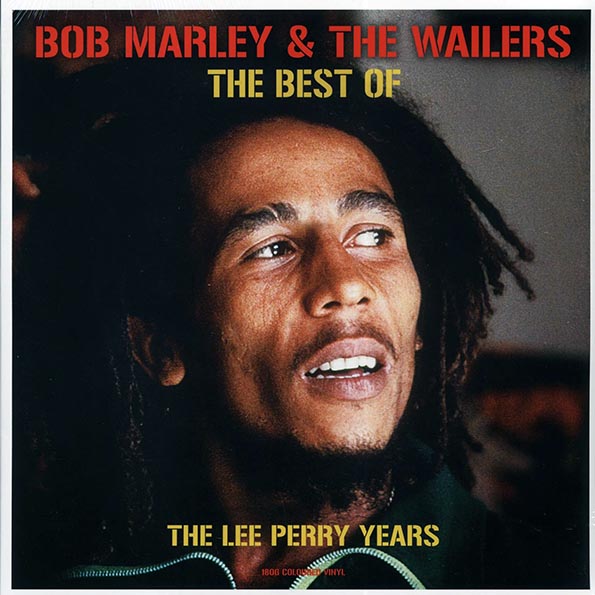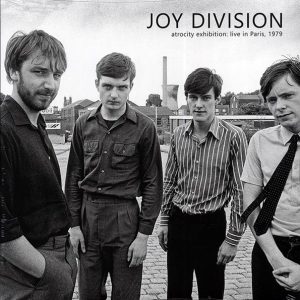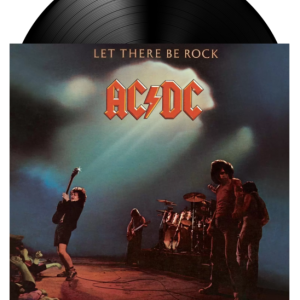Description
In 1969, Marley teamed up with producer Lee ‘Scratch’ Perry who introduced him to the Barrett brothers – Aston (Family Man) on bass and Carlton (drums) – who would become a vital component of the Wailers’ 70s success. Songs released on Perry’s Upsetter label would feature the three singers, the Barretts plus guitarist Alva Lewis and keyboard-player Glen Adams.
Johnny Nash was one of the first Jamaicans to win consistent recognition outside the Caribbean, and Bob joined him on an overseas tour in 1970. The following year saw four Marley-penned songs appear on a best-selling album by Nash which brought him to the attention of Island Records. They not only provided promotional clout for ‘Catch A Fire’ (1973) but used session musicians to ‘sweeten’ the sound and make Marley’s reggae more palatable to a white audience.
The eventual departure of Livingston and Tosh left the singer the undisputed centre of attention, a giant boost came when Eric Clapton’s 1974 version of ‘I Shot The Sheriff’ topped the US chart, raising Marley’s profile in that country. The long-awaited British chart breakthrough came with the single ‘No Woman No Cry’, from ‘Live At The Lyceum’ (1975), and all seemed set fair for further success. But the singer’s off-stage progress was far from serene. He had survived an attempt on his life in 1976, escaping with minor injuries to his arm and chest when a gunman opened fire on Marley, his wife, Rita, and his manager. Musically, the upward curve continued with albums like ‘Exodus’ (his first UK Top 10 chart album in 1977) and ‘Kaya’ (1978), which were massive international sellers as well as creative highpoints.
SIDE ONE
1. Sun Is Shining
2. Stop That Train
3. Don’t Rock My Boat
4. Kaya
5. Lively Up Yourself
6. Soul Rebel
SIDE TWO
1. Natural Mystic
2. Soul Shakedown
3. Trenchtown Rock
4. Fussing And Fighting
5. Keep On Moving
6. Memphis






Reviews
There are no reviews yet.